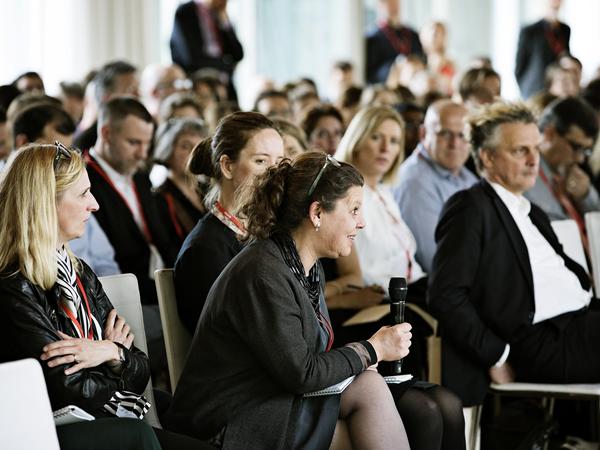
Date: 4 July 2017
A team of building engineers, researchers and architects are due to present 11 research papers at Healthy Buildings Europe 2017 in Lublin, Poland, and Passive Low Energy Architecture 2017 in Edinburgh, including its 2017 Healthy Homes Barometer, which last month highlighted a clear correlation between poor housing stock and ill-health in all countries across Europe.
One out of six Europeans were revealed to live in unhealthy buildings (characterized by leaking roofs, damp floors, walls or foundations). People living in unhealth buildings are more likely to suffer from asthma and other pulmonary diseases, in fact the risk can rise by 40%. The study is the third of the linkage between health and indoor living environments.
"Evidence and research can qualify decisions that can be crucial for the way we design our homes, schools, hospitals and offices. That is why, we take every opportunity to share knowledge and research in leading scientific forums", says Peter Foldbjerg, Head of the Group’s research and knowledge department, Daylight, Energy and Indoor Climate
Besides the healthy homes studies, we will be presenting:
- A new vision for healthy and human centric buildings, The Circadian House
- An affordable, sustainable and replicable renovation concept for social housing residentials
- School renovation learnings and best-practices leading to pupils’ improved learning and performance
- An ActiveHouse label supporting building designs balancing the need for comfortable indoor living environments, energy efficiency and wise use of natural resources
- Key findings from ActiveHouse demonstration buildings.
For more about the studies, http://www.velux.com/article/2017/sharing-knowledge-at-two-main-building-science-conferences
At Healthy Buildings Europe, we will be hosting a workshop under the theme “How to renovate residential buildings efficiently and affordably?”.
Learn more about our: latest research and knowledge, our social housing renovation concept, and our latest Healthy Homes Barometer.
Be part of our conversation about daylight and architecture, building the bridge from evidence to practice on Twitter @TheDaylightSite
 600450
600450

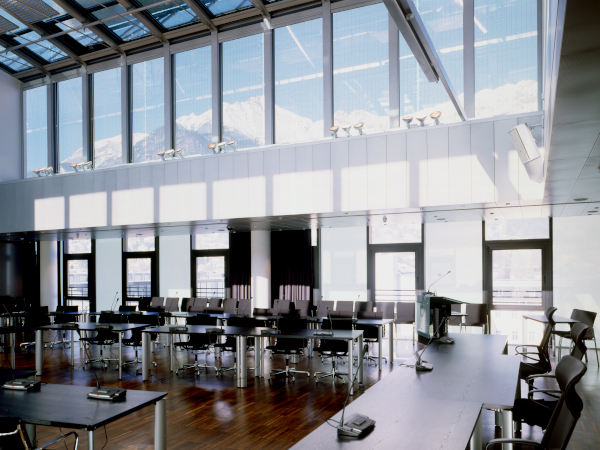
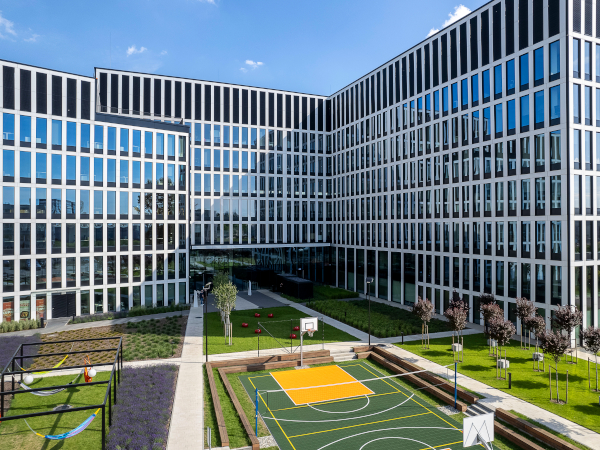

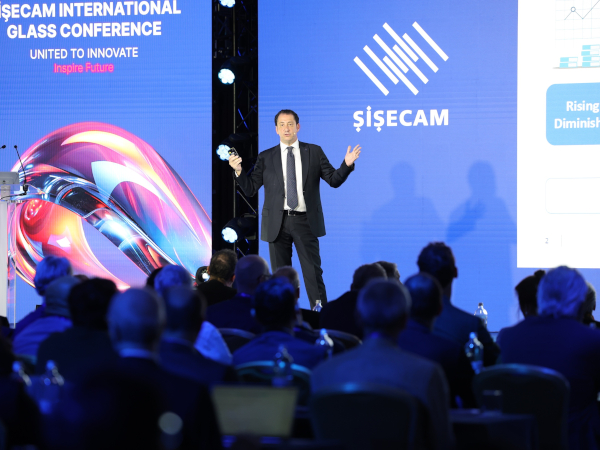
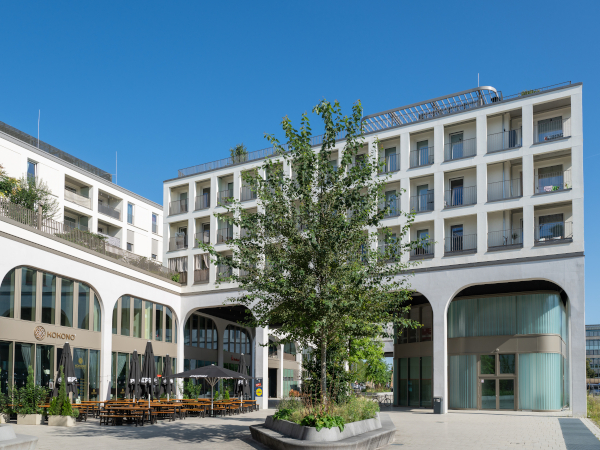
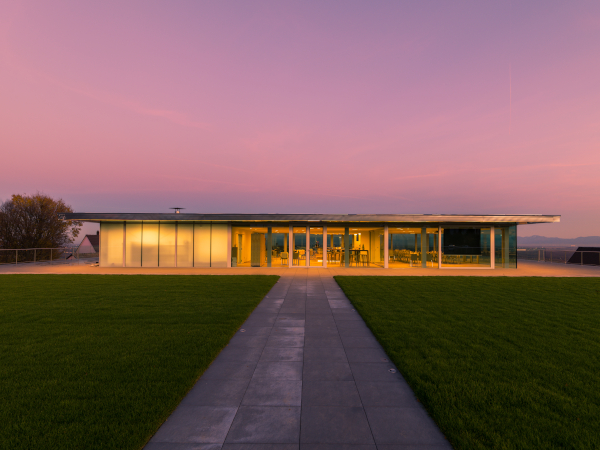






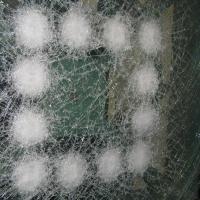
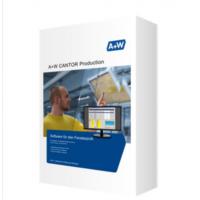

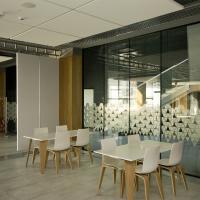

Add new comment